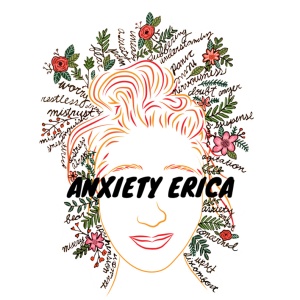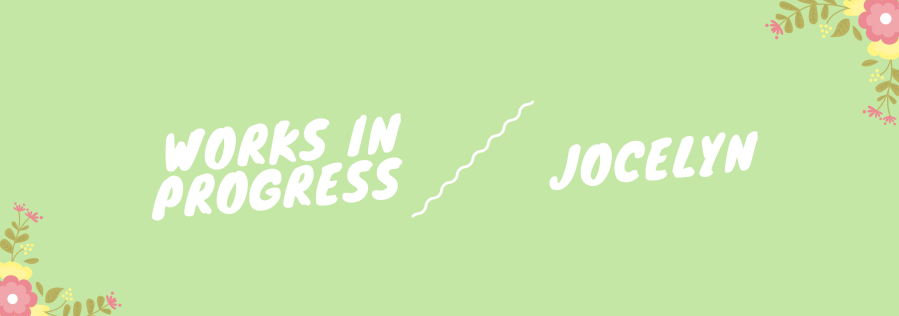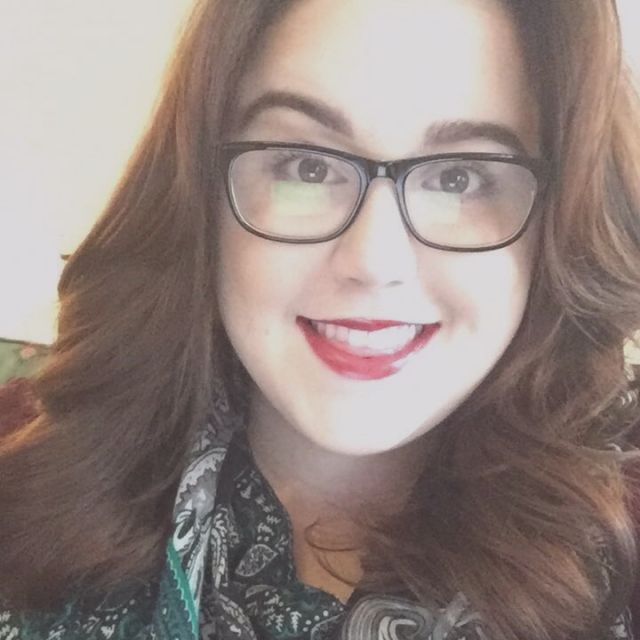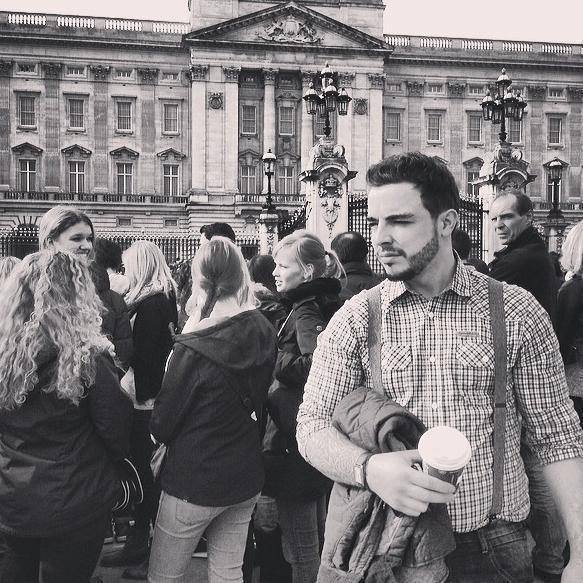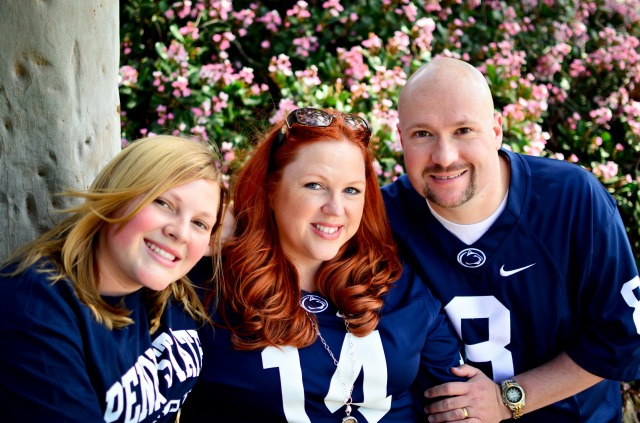Suffering from years of abuse by a family member, Jocelyn’s mental health issues began at an early age. Pushing through a period of darkness, she was able to find the light through a combination of nutrition, consistent movement, and self-care.
Meet Jocelyn.

Name: Jocelyn Zahn
Age: 25
Explain the origin of your mental health issues i.e., what is your mental health issue, how did you realize what was happening, how was it affecting your everyday life at the time?
(TW/CW: Suicidal ideation, self-harm, eating disorders, sexual abuse)
I have been diagnosed with PTSD, generalized anxiety disorder, major depressive disorder and have also battled orthorexia and anorexia.
My mental health issues arose at a young age. During my childhood, I suffered years of sexual abuse by a family member. At age 12, my life felt as though it was falling apart for the very first time. After going through the Texas public school system and taking “sex education”, which was really only abstinence only education, as an 7th grader, I began to panic. The system failed me entirely and I believed the abuse was my fault. I was scared, alone, and felt as though I couldn’t tell anyone what happened to me because they would view me as a sinner. When you’re young, you don’t always understand the concept of abuse, I certainly didn’t. And the “sex education” I received only left me feeling isolated and hopeless.
This was the first time I can recall staring a hole through my knife drawer in my home in San Antonio. This was the first time I envisioned what it would be like to take my own life…and I wanted to. The suicidal ideations have been a part of me almost every day since.
What was the resounding moment when you decided to get help? What made you do it?
Well, I was truly pushed to my limit before I decided to reach out for help. The first time I received mental health treatment of any kind was when I was hospitalized at 18 for suicidal ideation. This was a result of me coming out and having negative backlash-to say the least. I lost almost everything and everyone I loved (at least for a time) and I wanted to throw in the towel. Though, I definitely wish I had received help earlier.
How does it affect your everyday life now? Challenges? What skills have you learned to cope?
While I am ecstatic to say my life is beautiful and fulfilling now, I still live with my mental illness every day. I have come to learn and accept the fact that it is a part of me, a part I will live with forever. Because of this, I have shifted my focus from trying to “rid myself” of my mental illness to learning how to cope with it daily.
I have learned coping skills that work for me, my mind, and my body. Developing these skills certainly looks different for everyone, but for me, I have found great success in balancing my mood through food, movement, and spirituality.
90% of our serotonin (some people call this the ‘happy’ chemical, or the ‘feel good hormone’) is made in our gut. This has been an incredible thing for me to focus on and experiment with due to the fact that the biggest daily challenge I face in regards to my mental illness, is volatile mood swings. Gut health has saved me a whole lot of random ‘crying for no reason’ tears or ‘lashing out at someone for no reason’ moments. I have found a balance of nutritious and not so nutritious food that works for me to maintain a steady mood throughout the day.
Other than that, incorporating consistent movement has been a life saver for me. Due to years of suppressed trauma, I have a whole lot internalized anger. Moving my body intuitively gives me the outlet I need to release this anger and anxiety. As you can imagine, this helps balance my mood, as well.
A couple years back, I learned that me and almost my entire immediate family has some pretty severe vitamin deficiencies. This was so helpful to learn (KNOWLEDGE IS POWER haha). To combat my almost daily suicidal ideations, I take a Vitamin D supplement, as I am lacking quite severely in that area.
I also practice affirmations, daily self-care, and tarot card readings- as they help me feel more connected to something bigger than myself and my own problems.
How has living with this mental illness benefited your life? What has it given you?
Wow. This is an excellent question. Contrary to popular belief, living with a mental illness has not been all negative for me. Living with anxiety, depression, PTSD, and more has made me a much more empathetic person than most people I know. It has given me the skill of powerful and active listening. It has taught me so much about what it means to be “good enough” as a human being on this earth. It has given me perspective. It has also led me to the career of my dreams. All of which, I wouldn’t trade for the world.
What is one piece of advice you would give yourself when you were struggling the most with your mental illness?
If I could tell younger me one thing, it would be that no matter how much the darkness is consuming me at any given moment, it is not me. Darkness lives inside of me because of things that have happened to me, yes. But the light is a part of me.
I would tell myself that as alone as I feel at times, I don’t have to carry my burden alone.
Learn more about how Jocelyn has turned her mess into her message at Holistic Self-Love!
Are you a work in progress? Share your story in the comments and you could be featured on the blog!
